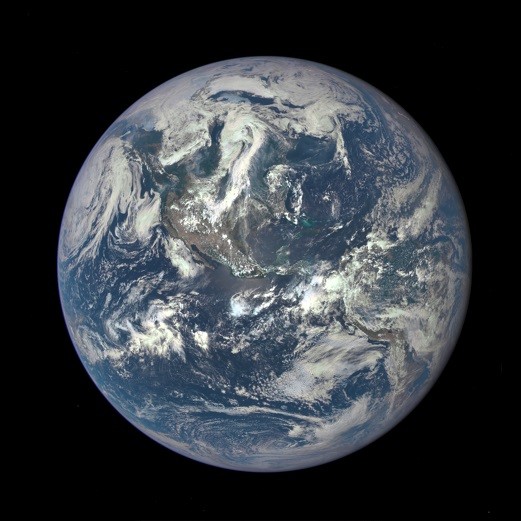New research reveals that humanity have used up one year's worth of resources in a span of just eight months. According to the Global Footprint Network that monitors the demand of the planet, the organization marked Earth Overshoot Day last August 13 for this year where the humanity's annual demand from nature already exceeded from what the planet can replenish or regenerate in one year.
For the rest of the year, humanity will have yet to consume another half of the planet's natural resources.The findings reveal that rising populations of India, China and Africa are using three quarters of the planet's annual capacity from 1961 until 1970 where humans started using up and exceeding Earth's capacity to provide in a year.
Using a simple formula, where the amount of ecological resources allotted for a year with humanity's demand and then multiplying with 365, it will yield Global Footprint Network's ecological overshoot which is not always an exact date. According to the group's president, Mathis Wackernagel, this formula is meant to help inform everyone about humanity's rising carbon footprint.
Wackernagel says that humans' carbon footprint already doubled since the early 1970s and this is when the world went into an ecological overshoot where this is considered a major factor in the widening gap of the ecological footprint of Earth and its biocapacity to replenish in a year.
For example, most of the world's populations live in countries that require more natural resources than their own ecosytems can provide them in a year like China needs 2.7 Chinas for their demand and Americans need almost 2 United States and Japan needs 5.5 Japans.
During the years, ecological overspending or just consuming what we do not necessarily need often leads to increasing deforestation, scarcity of freshwater and climate change causing extreme droughts. This overspending is also a major factor to the presence of greenhouse gas emissions and burning fossil fuels leading to global warming says the Global Footprint Network.
Carbon footprint is dictated by other crucial components of the ecological footprint such as fields and forests and productive land over infrastructures and roads. Since more food and other products are getting more in demand, there are fewer regions that are free to absorb carbon from all this fossil fuel consumption meaning carbon emissions continue to accumulate than being fully absorbed.
The group still hopes to for the pivotal U.N. climate agreement in Paris to change this, to keep global warming within 2 degrees Celsius however, the group believes that this will become possible when nations completely phase out fossil fuels by 2070.



























